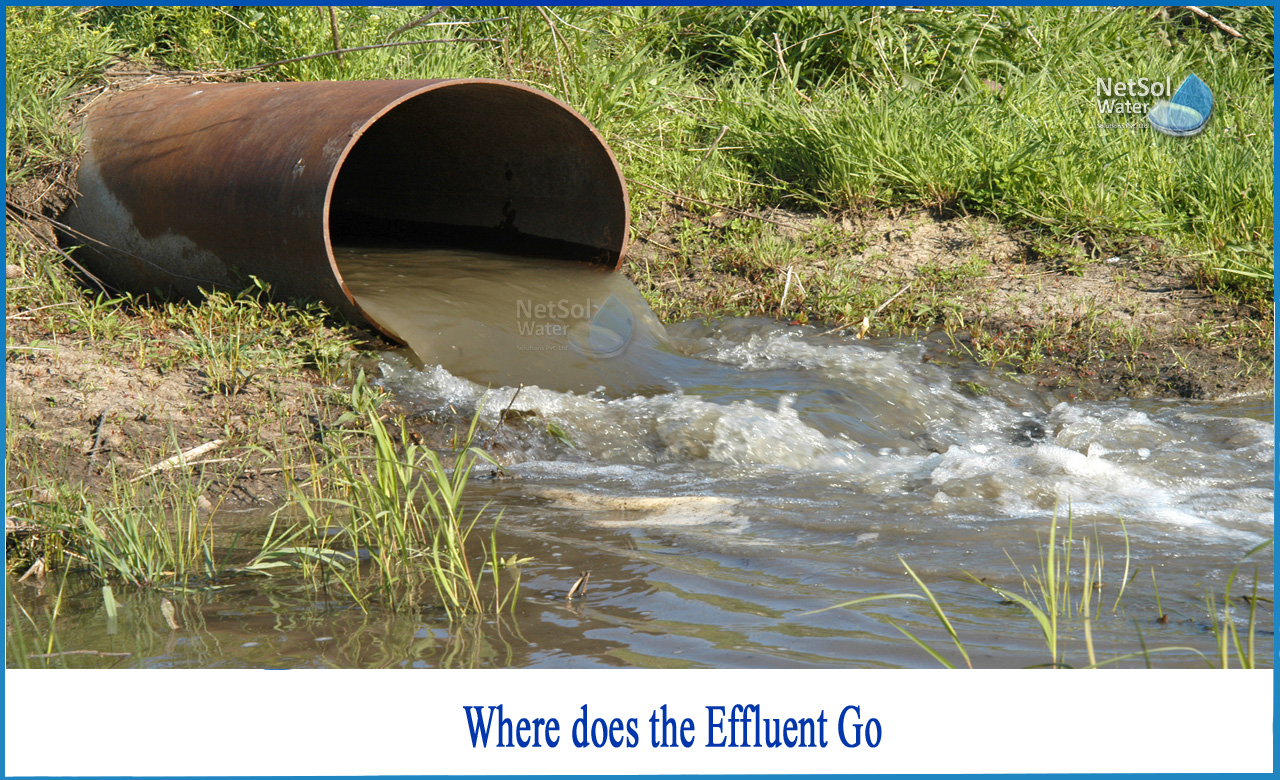Overview
Wastewater treatment plants are commonly found near creeks and rivers. By releasing treated effluent into these waterways, treated effluent is returned to the water cycle. As water sources become scarcer, many municipalities have chosen not to discharge effluent into the water cycle, instead reusing the effluent for irrigation and industrial purposes directly from the treatment plant's discharged water.
Wastewater is basically used water that has been treated because it contains a high concentration of harmful bacteria and contaminants. This is an extremely important process because untreated wastewater can be harmful to both human health and the environment.
When a toilet is flushed, a shower is used, or a tap is turned on, wastewater is produced in the home. In industry, wastewater is generated in similar ways, but it can also contain pesticides or chemicals and is produced in much larger quantities.
The value of wastewater treatment
The primary goal of wastewater treatment is to remove as many solid and semi-solid materials as possible before discharging the remaining wastewater.
This remaining wastewater is known as effluent, and it is a (unpleasant) by-product of the wastewater treatment process that is produced after wastewater has been disposed of and treated. It is created by each of us, and where it ends up has the potential to affect us all.
Where does an effluent go?
In general, effluent is returned to the general water cycle and environment by flowing from treatment plants and sewers into bodies of water such as streams, rivers, lakes, and, eventually, the ocean.
This means that if wastewater treatment processes are not of sufficient quality, it can have serious consequences for those waters, polluting them immeasurably and causing untold harm to marine life and wildlife. Furthermore, it can have a negative impact on the water supply and on humans, causing widespread disease and sickness.
1: Releases to the Air
Certain volatile chemicals are released into the air as a result of the wastewater collection and treatment process. The chemicals that are released in the greatest quantity are methane, carbon dioxide, oxides of nitrogen, hydrogen sulphide, mercaptans, chlorine (if used in the treatment process), and various other chemicals.
2: Land Releases
The removal of both inorganic and organic suspended solids from wastewater generates a large amount of solid waste. In most treatment plants, inorganic solids (grit, debris) and other non-biodegradable materials are disposed of in landfills. Many secondary treatment facilities collect organic solids and digest them in order to recover methane gas for energy production.
When the soil around domestic waste water treatment systems fails to absorb wastewater, stagnant puddles of sludge form on the ground's surface. In such cases, humans who come into contact with these puddles may be exposed to dangerous pathogens, making it a very serious matter. Let's put that into perspective.
In terms of drinking water, there should be no E. coli or coliform bacteria in it. In comparison, one liter of effluent contains over one million E. coli.
Conclusion
As you can see, it is critical that wastewater should be treated correctly and to a high standard. This is recognized on a national and international level because there are now standards in place for how wastewater must be treated, and everyone is required by law to follow them.
It becomes necessary to treat wastewater before disposing it of in the water bodies. In regards to this, Netsol Water is at your rescue because we are the manufacturers of best quality water and wastewater treatment products.
Netsol Water is Greater Noida-based leading water & wastewater treatment plant manufacturer. We are industry's most demanding company based on client review and work quality. We are known as best commercial RO plant manufacturers, industrial RO plant manufacturer, sewage treatment plant manufacturer, Water Softener Plant Manufacturers and effluent treatment plant manufacturers. Apart from this 24x7 customer support is our USP. Call on +91-9650608473, or write us at enquiry@netsolwater.com for any support, inquiry or product-purchase related query.



